Hundreds of people gathered at the Minneapolis American Indian Center on Thursday, Feb. 14 to listen to speakers and march through the streets, raising awareness for the many missing and murdered Native women, children and LGBTQ+ people whose cases remain unsolved by law enforcement.
This marked the fifth year that the Minneapolis American Indian Center has hosted this march and rally. Speakers this year included Minnesota Lieutenant Governor Peggy Flanagan, Minnesota state representative Mary Kunesh-Podein and several Native people whose relatives had gone missing or been murdered.
Dorene Day, an Anishinaabe woman who has lost multiple relatives to disappearance or murder, spoke to the crowd at the rally. She told the story of her father’s murder, which she said no one was ever punished for. “45 years ago our family suffered the greatest loss,” Day said. “And so it is that we live today as Anishinaabe, and we suffer yet another blow.”
In Minnesota and around the country, Indigenous women are victims of murder, sexual assault and disappearances at disproportionately high rates. According to the Urban Indian Health Institute, 5,712 Indigenous women and girls were murdered or reported missing in 2016, but only 116 were logged in the Department of Justice missing persons database.
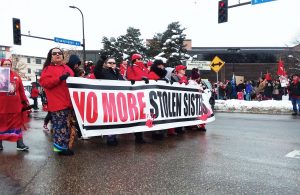
Kunesh-Podein spoke at the rally about a bill she recently introduced to the state legislature that, if passed, would form a task force to track cases of missing and murdered Indigenous people in Minnesota. The Minnesota House held a hearing on the bill at the end of January, but hasn’t yet held a vote. Flanagan spoke in favor of the bill.
“I am grateful for the legislation that has been introduced,” Flanagan said. “It is time for our leaders to see Indigenous women, to value Indigenous women, to protect Indigenous women and to invest in Indigenous women.”
In addition to being a political protest, the rally was intended to create a space for attendees to remember those friends and relatives that have gone missing or been murdered.
Day and other speakers at the rally approached this political issue with their personal stories.
“I would like to encourage you all to think about those whose lives have been cut short, those who have left us in the most violent way,” Day said, addressing the audience from a stage and holding posters with photos of her murdered family members. Following the speakers, children from Anishinabe Academy, Sanford Middle School and Bdote Learning Center performed songs before leading the march through the streets near the center. Many carried signs reading “no more stolen sisters,” “justice for missing and murdered Indigenous women” and “women are sacred.”
The speakers at the rally emphasized the need for continued activism.
“We are standing up for our missing and murdered Indigenous women and that this kind of treatment of our people and communities must stop,” Flanagan said. “Everyone has a story. Everyone’s life has been impacted by this issue.”

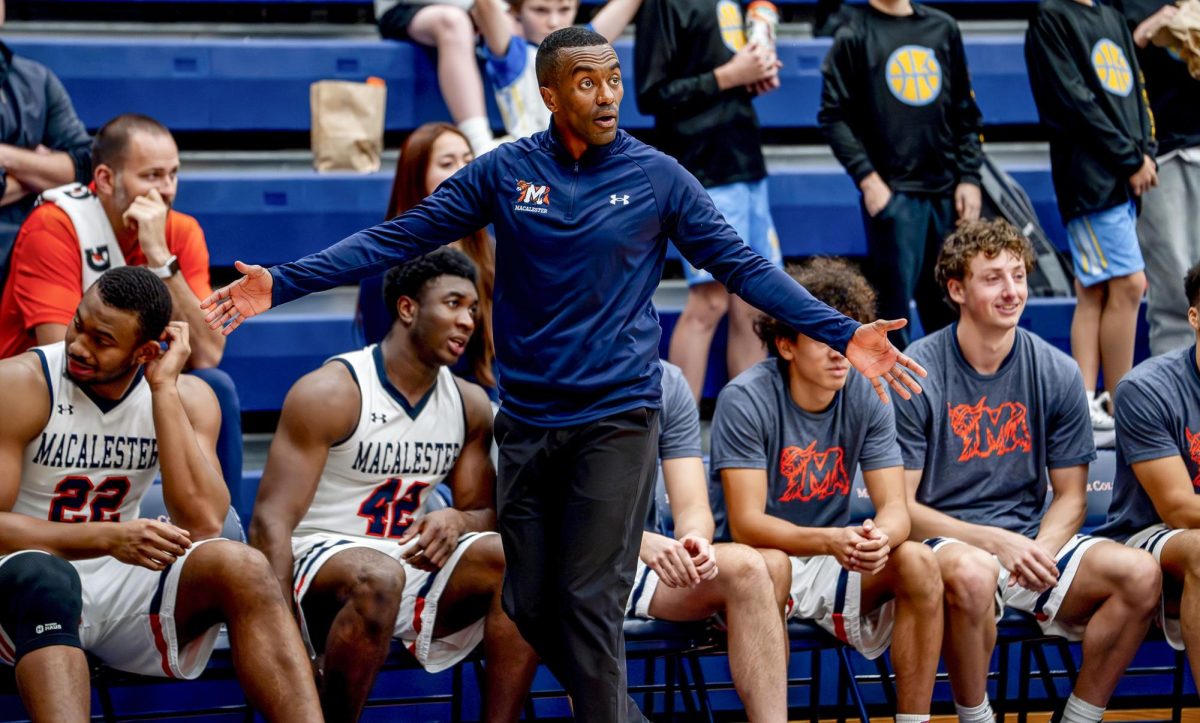

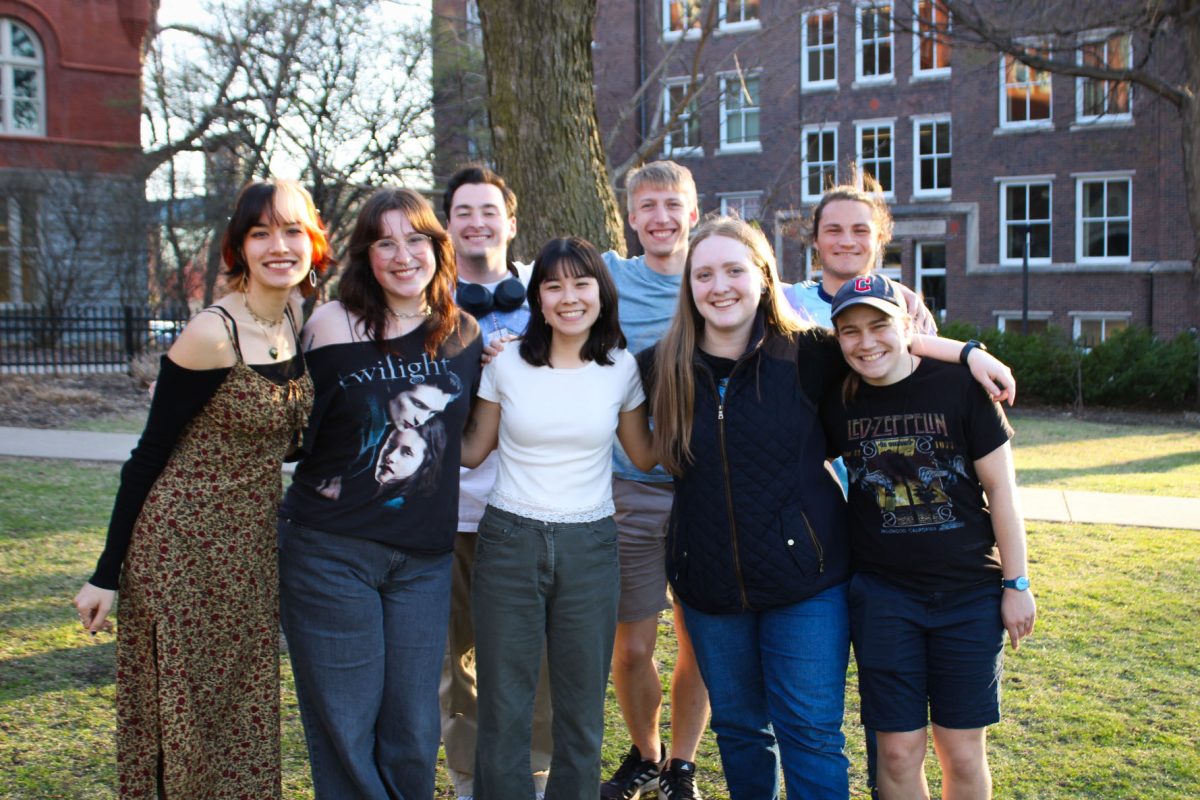
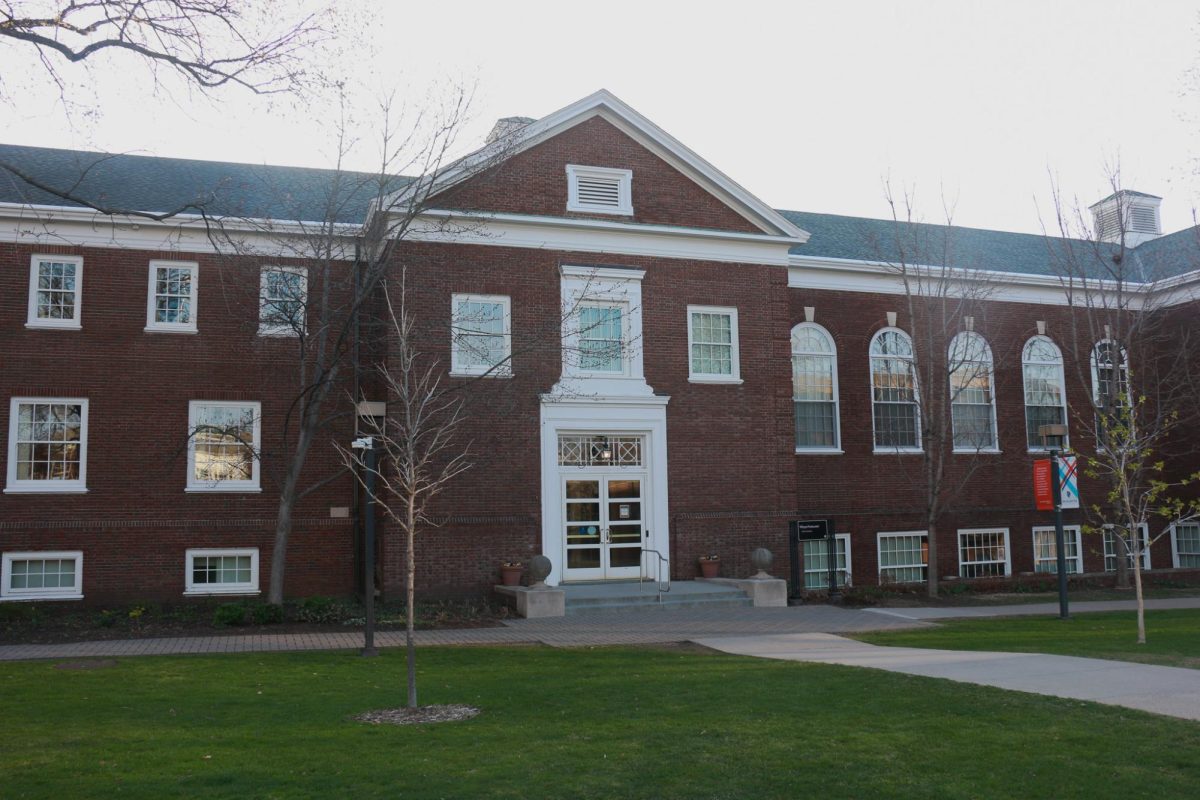


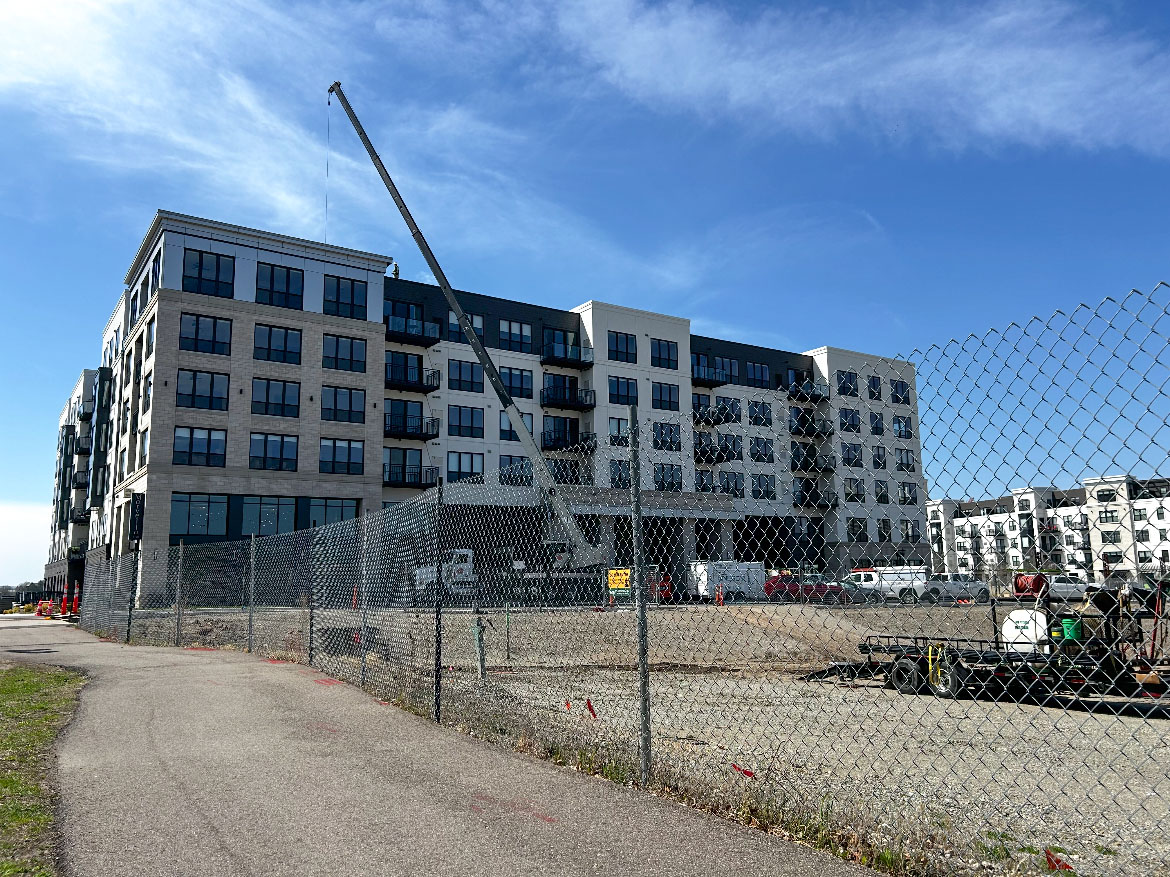

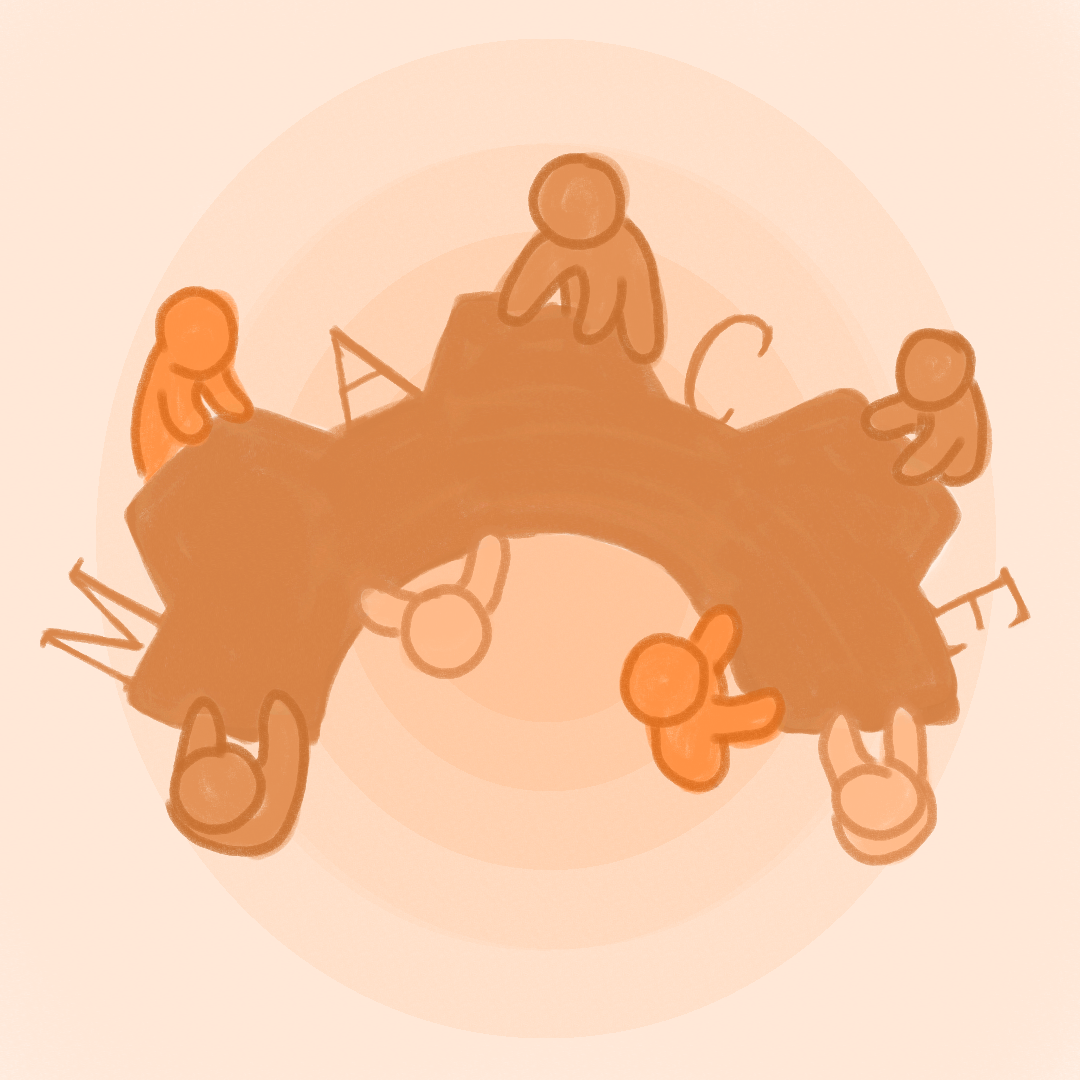
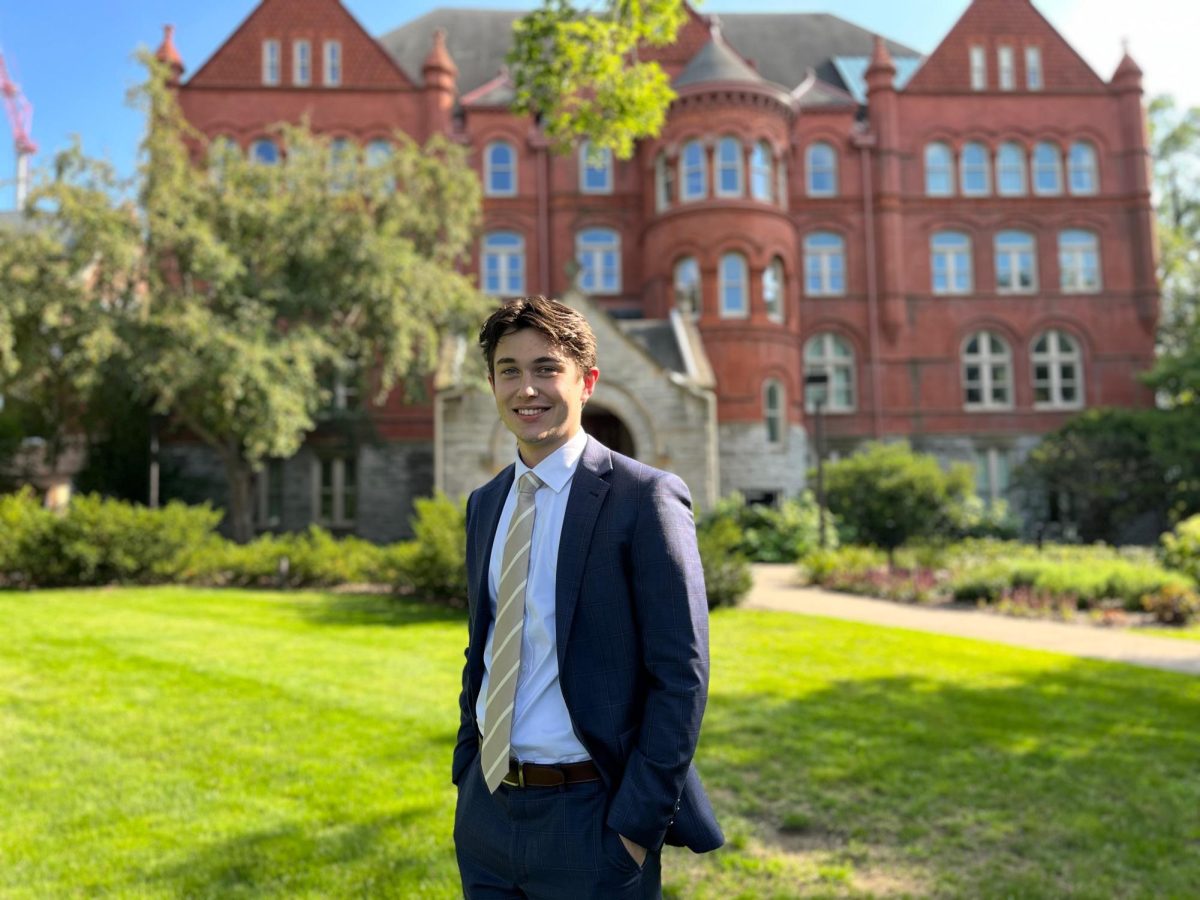

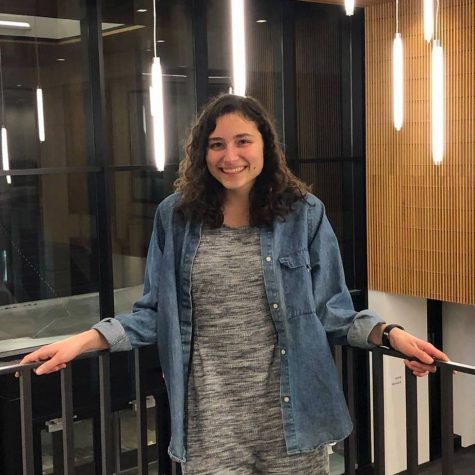
Ian Hemmings • Sep 12, 2019 at 7:07 am
One other issue is when you are in a circumstances where you do not possess a co-signer then you may actually want to try to make use of all of your federal funding options. You could find many grants or loans and other scholarship grants that will ensure that you get money to support with school expenses. Thanks alot : ) for the post.
Heather Graham • Sep 11, 2019 at 12:21 am
Hi there. Very nice web site!! Man .. Excellent .. Wonderful .. I’ll bookmark your web site and take the feeds additionally…I am glad to locate numerous useful info here in the post. Thank you for sharing.
Andrea Russell • Sep 6, 2019 at 10:31 am
Right here is the perfect website for everyone who wishes to find out about this topic. You understand so much its almost tough to argue with you (not that I actually would want to…HaHa). You certainly put a fresh spin on a topic that has been written about for many years. Excellent stuff, just great!
cyanide csgo hack • Aug 16, 2019 at 11:57 am
I’m impressed, I have to admit. Genuinely rarely should i encounter a weblog that’s both educative and entertaining, and let me tell you, you may have hit the nail about the head. Your idea is outstanding; the problem is an element that insufficient persons are speaking intelligently about. I am delighted we came across this during my look for something with this.
feebhax.px • Aug 15, 2019 at 10:39 am
Respect to website author , some wonderful entropy.
how to get unlimited money in bloxburg • Aug 14, 2019 at 10:19 am
I like, will read more. Thanks!
pz9 • Aug 13, 2019 at 3:19 pm
I am not rattling great with English but I get hold this really easygoing to read .
roblox super power training simulator • Aug 12, 2019 at 12:37 am
I really enjoy examining on this internet site , it has got interesting posts .
nonsense diamond download • Aug 10, 2019 at 9:27 am
Very interesting points you have remarked, appreciate it for putting up.
ndriller license key • Aug 9, 2019 at 4:25 pm
Good, this is what I was looking for in google
krunker.io aimbot • Aug 7, 2019 at 8:21 pm
Appreciate it for this howling post, I am glad I observed this internet site on yahoo.
Lynna Calley • Jul 23, 2019 at 9:42 am
Mass parsite http://bit.ly/2W9CVkn